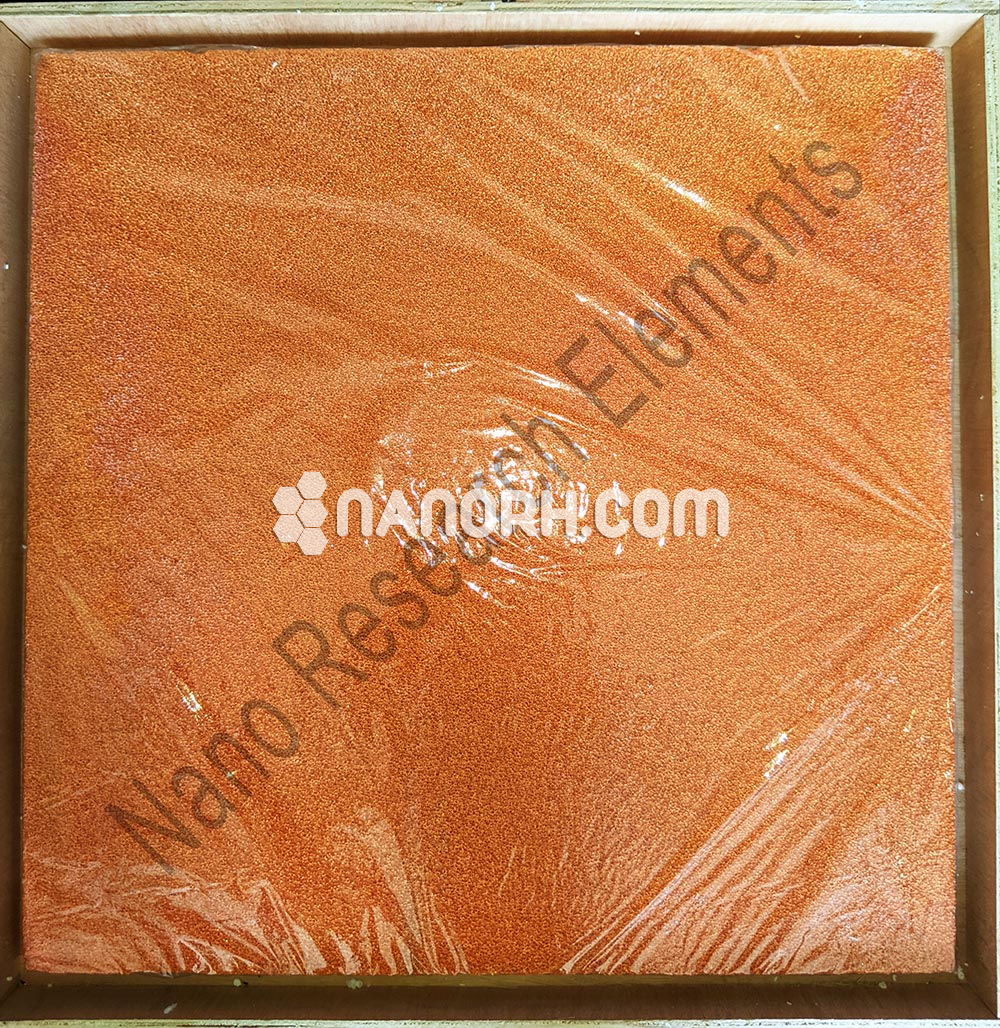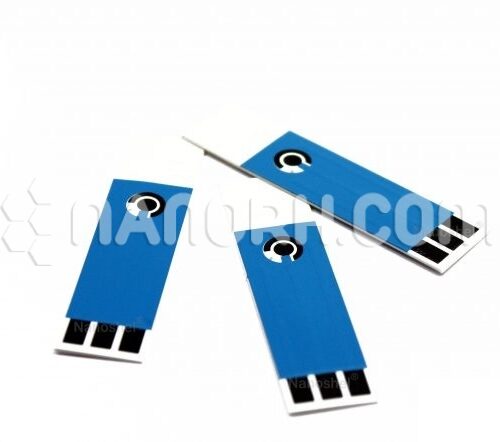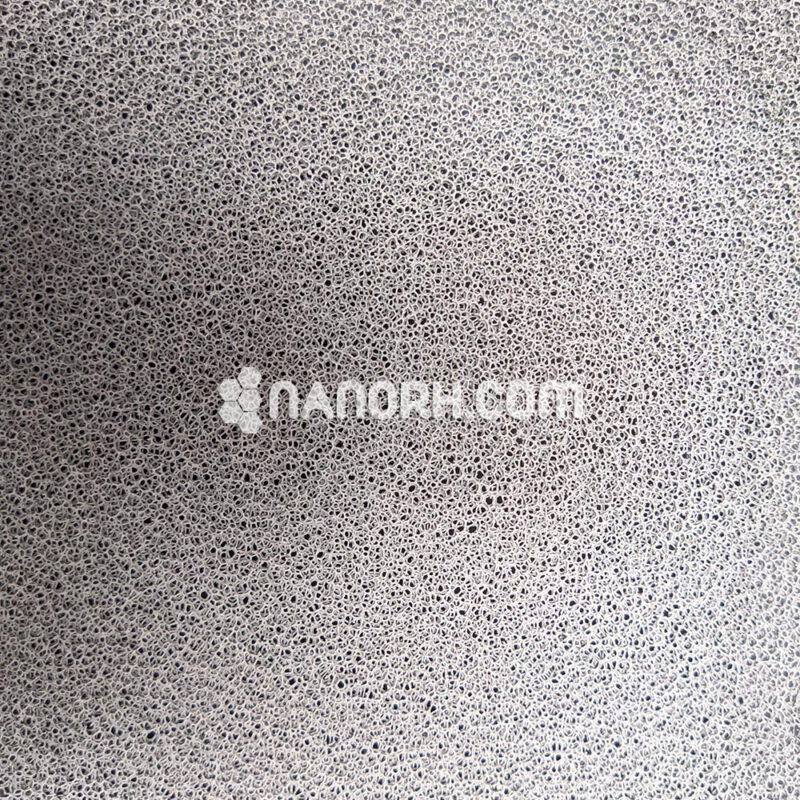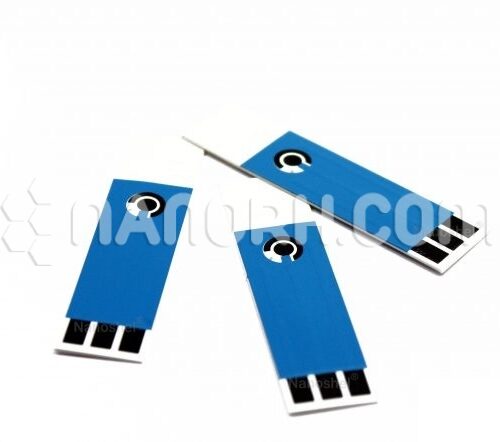Pure Copper Foam ( Cu, Purity: 99.9%, Thickness: 4mm)
| Pure Copper Foam | |
| Product No | NRE-51015 |
| CAS | 7440-50-8 |
| PPI | 50 |
| Density | 8.94 g/mL |
| Purity | ≥99.8% |
| Porosity | ≥90% |
| Dimension | 500mm * 500mm |
| Thickness | 4mm |
| Melting Point | 1083.4 °C |
| Bulk Thermal Conductivity | 5.84 BTU/ft-hr-F |
Pure Copper Foam
Copper foam is a highly porous material made from copper, featuring a structure of interconnected pores. This unique material combines the electrical and thermal conductivity of copper with a lightweight and porous structure, leading to a wide range of applications across various industries.
Applications of Copper Foam:
Heat Exchangers
Pure Copper Foam is widely used in heat exchangers due to its excellent thermal conductivity and large surface area. The porous structure allows for efficient heat transfer, making it ideal for applications in electronics cooling, HVAC systems, and heat sinks for power electronics.
Electromagnetic Interference (EMI) Shielding
Due to its electrical conductivity and lightweight nature, copper foam is effective in EMI shielding applications. It is used in enclosures, gaskets, and other components to protect sensitive electronic equipment from electromagnetic interference.
Batteries and Energy Storage
Pure Copper Foam is used as a current collector in batteries, particularly in lithium-ion batteries, supercapacitors, and fuel cells. Its porous structure allows for uniform distribution of active materials, improving the battery’s performance and energy storage capacity.
Catalysis
The large surface area and conductivity of copper foam make it an excellent catalyst support in chemical reactions. It is used in various catalytic processes, including fuel cell technologies and chemical synthesis, where it enhances reaction rates and efficiency.
Filtration
Pure Copper Foam is used in filtration applications, particularly in the removal of particulates from gases and liquids. Its porous structure allows it to capture fine particles, making it suitable for air and water purification systems.
Sound Absorption
Due to its porous nature, copper foam can be used as a sound-absorbing material in noise control applications. It is effective in reducing noise levels in industrial environments, automotive components, and acoustic panels.
Biomedical Applications
Copper foam is explored in biomedical applications, such as scaffolds for tissue engineering and implants. Its biocompatibility, combined with a porous structure that can support cell growth, makes it a promising material for regenerative medicine.
Lightweight Structural Components
The lightweight yet strong structure of copper foam makes it suitable for lightweight structural components in aerospace and automotive industries. It offers a good strength-to-weight ratio, contributing to weight reduction and improved fuel efficiency.




